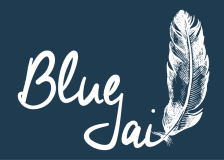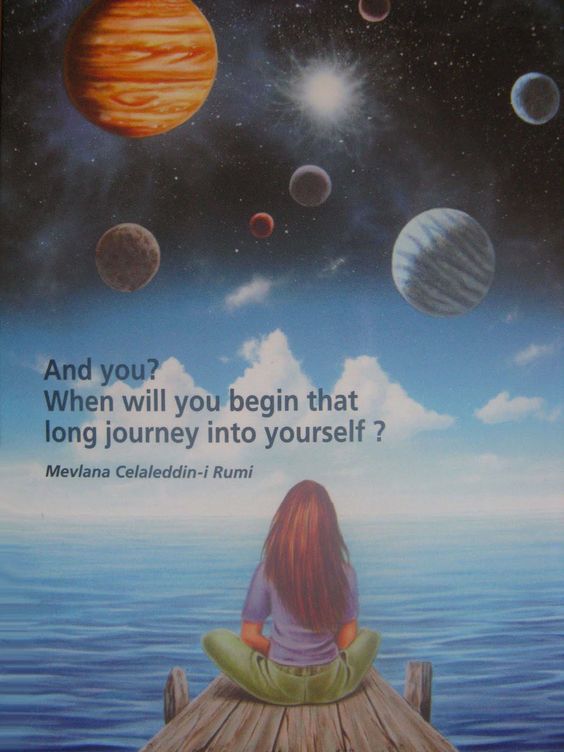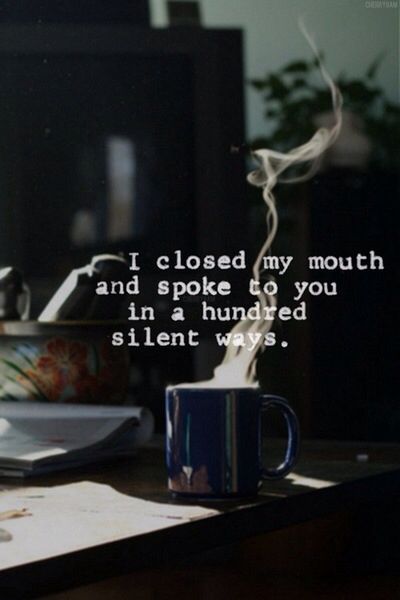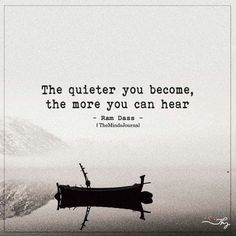I love words.
They’re part of the holy trinity of things that make me whole: words, music, food.
These three things anchor my life, colour my world and fuel my existence. They allow me to express myself more meaningfully, feel more deeply, and to live more completely.
But, as The Bloke will tell you (and as he has even more frequently told me), sometimes I use words too much.
Especially with our children.
And, truth be told, I don’t always use my words in a pleasant way…but in more of a drawn out, repetitive nag.
Sometimes they even come out as a rant.
Or a tirade.
Or a garbled stream of complaints and admonishments.
My children are reaching the age when they either don’t need me so much any more, or when they firmly believe they don’t need me at all (and could I please leave them alone and perhaps also shut the door on my way out while I’m at it).
As you can well imagine, once you’ve thrown a bunch of elevated hormone levels into the mix, a politely phrased and modulated request to perform the most perfunctory of household tasks (the musical eqivalent of which would be Ralph Vaughan Williams’ The Lark Ascending) can produce such unexpectedly snarling, snarky response (think Yeah Yeah Yeah’s Heads Will Roll turned up to at least 11) that I frequently and ever-so-immaturely find myself retaliating in kind.
Sigh.
Things came to a head for me last week (though, fortunately, heads did not actually roll) after an especially super-charged exchange with my elder child, and I did what any self-respecting woman in her mid-forties does, if she still can: I called my mother for advice.
And a bit of a cry.
OK — it was a lot of a cry.
Who says we ever finish growing up?
Except we generally do grow up, and sometimes our mums aren’t always there to listen or helps us find the answers, or to guide us gently to the truth at the heart of the matter — which probably has something to do with the fact that you’ve managed to nurture your child to this point, and now they have reached the stage of their existence where they have to complete that same process you guided them through all over again, for themselves. And that you’ve given them a safe place in which to express themselves and to try out all the wildly different versions of their new, expanding sense of self.
The real question, I suspect, is not about growing up or finishing anything at all.
Because — naturally, serendipitously — once I’d processed the truth bombs dropped by my teenager and the truth pearls bestowed by my mother, I happened to open a book and there was a quote from Rumi which stopped my breath:
And you, when will you begin that long journey into yourself?
When indeed?
And so, that’s what I’m doing.
I’ve chosen to be quiet, and to witness my reactions from within. I’m not asking my children to do things any more — they’ve heard my requests thousands upon thousands of times, and they know what my expectations are.
And when my expectations are not met, I am applying what I call Silent Theory. Not a frosty, passive agressive silence, but a moment of taking a breath and stilling the response which would have so quickly come to my lips and spilled out as sound the split second after my children didn’t do exactly what I wanted them to.
Who, I now wonder, was the child?
It’s extraordinary what you discover in the space between, if you choose to begin that long journey into yourself.
Mind yourselves,
BJx



